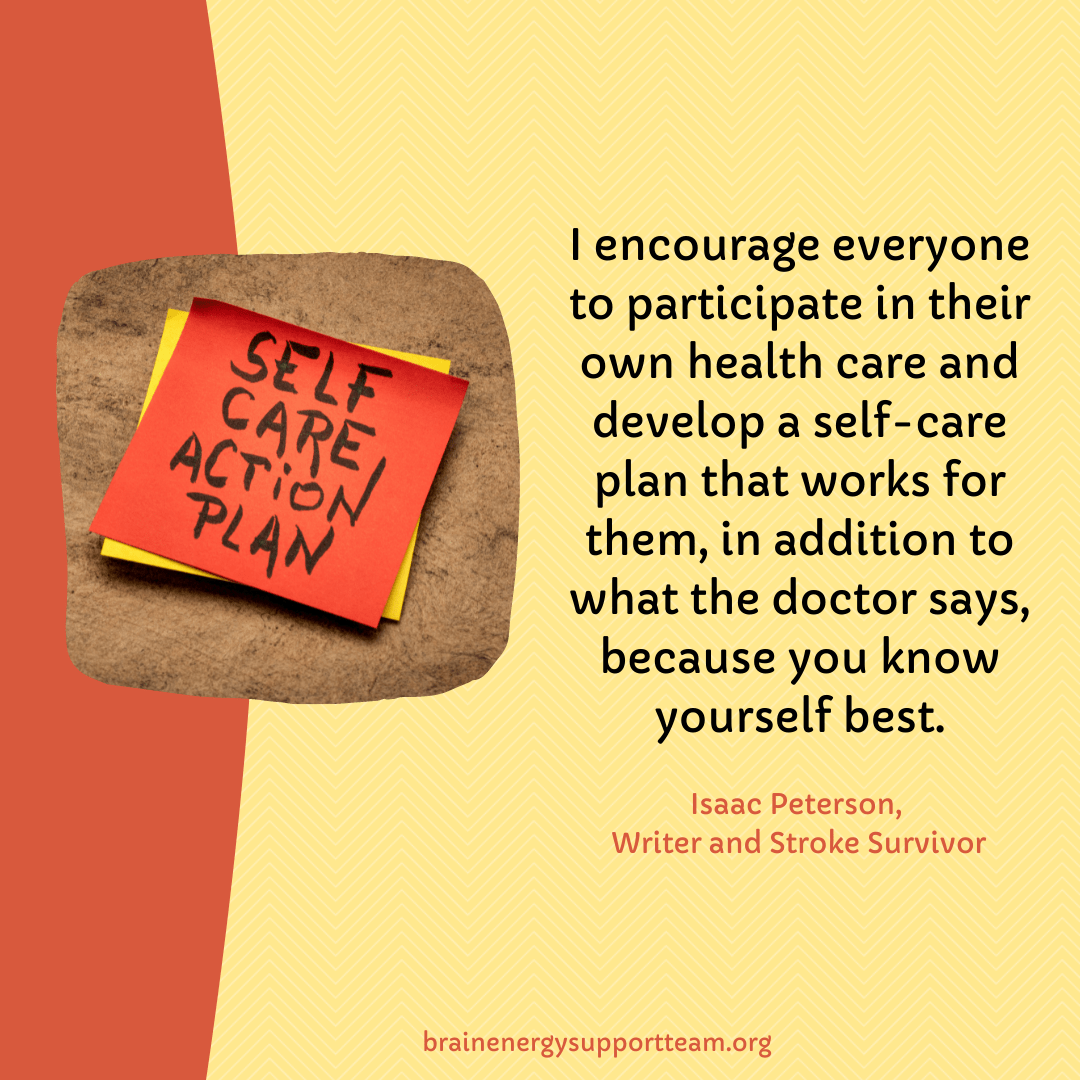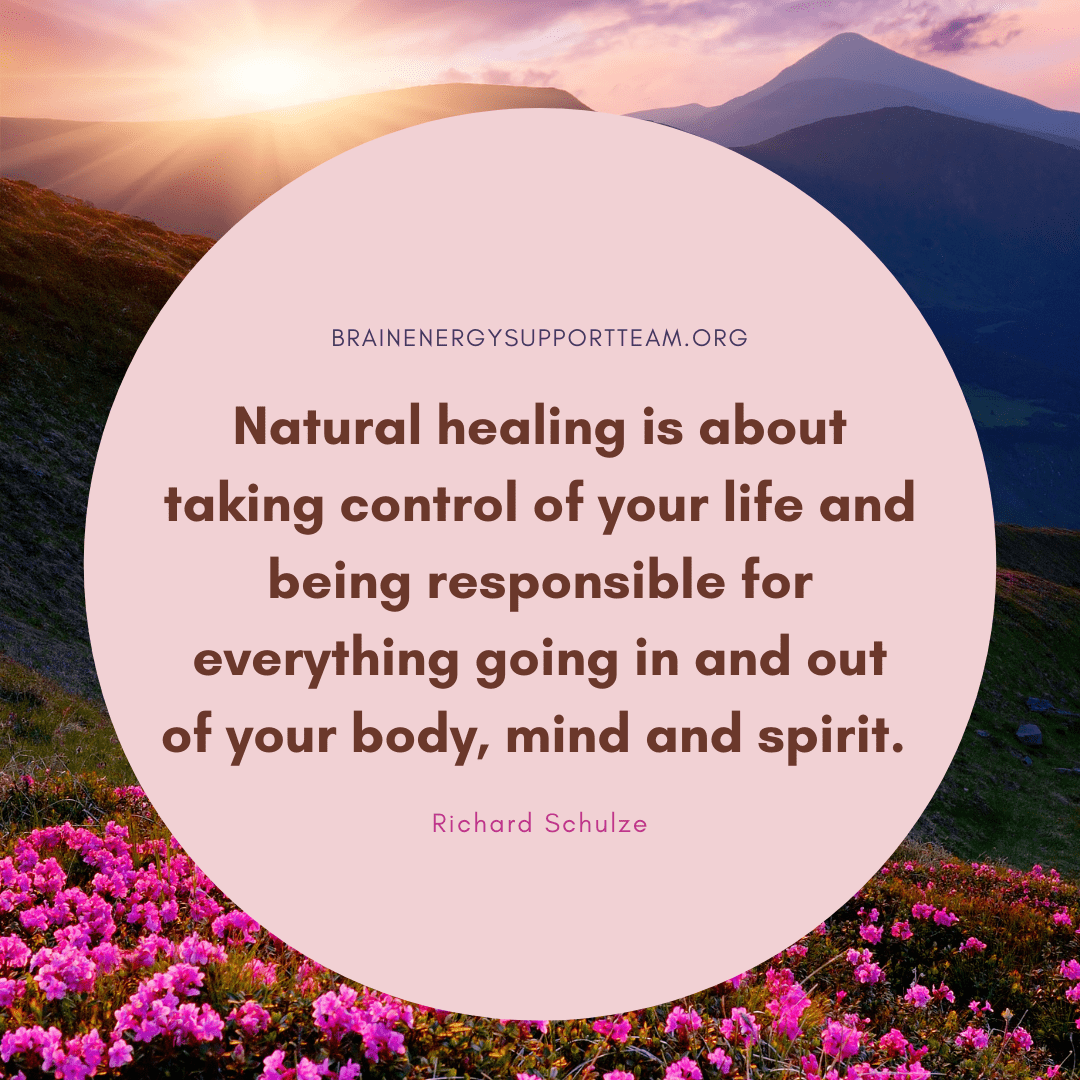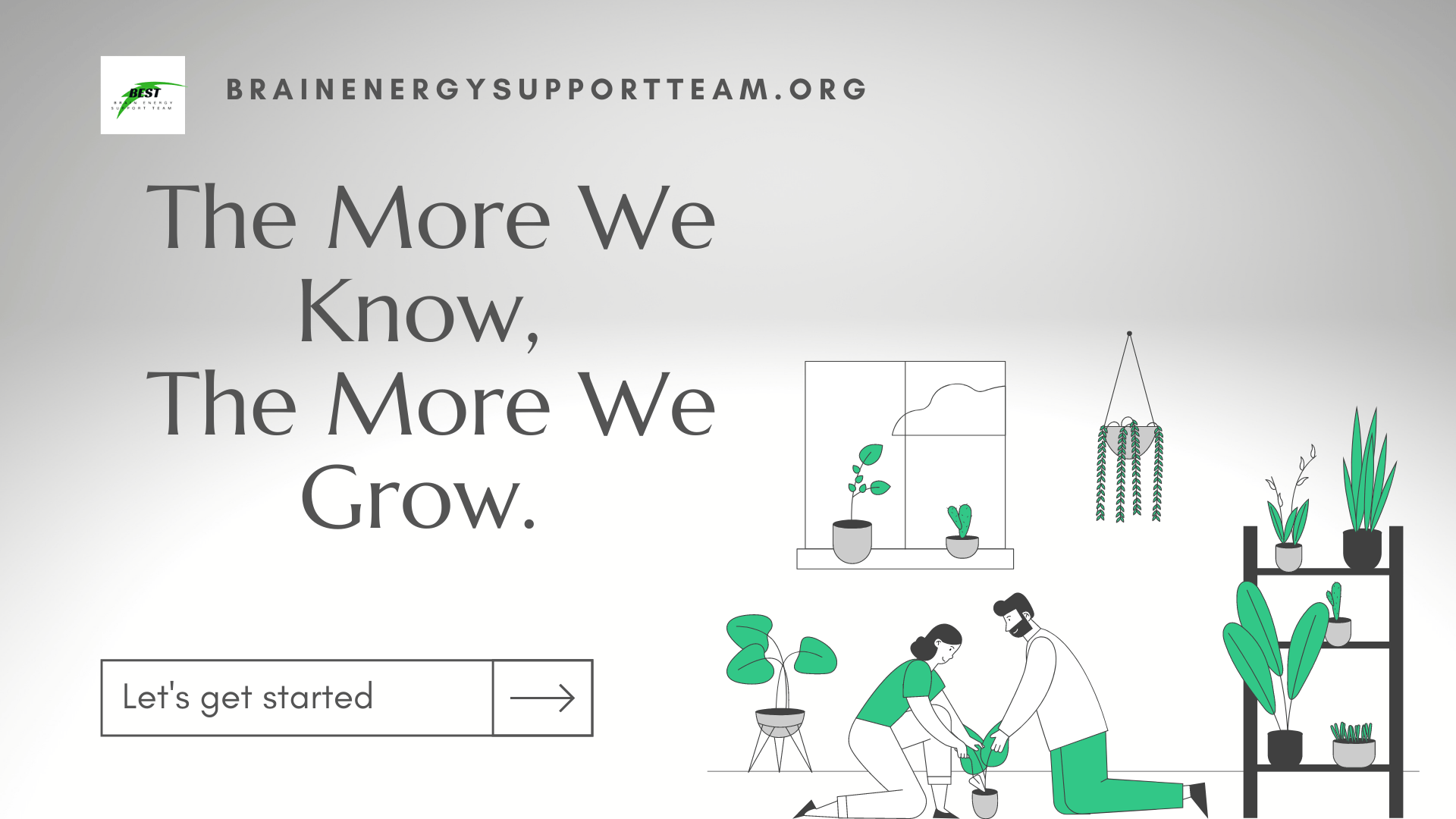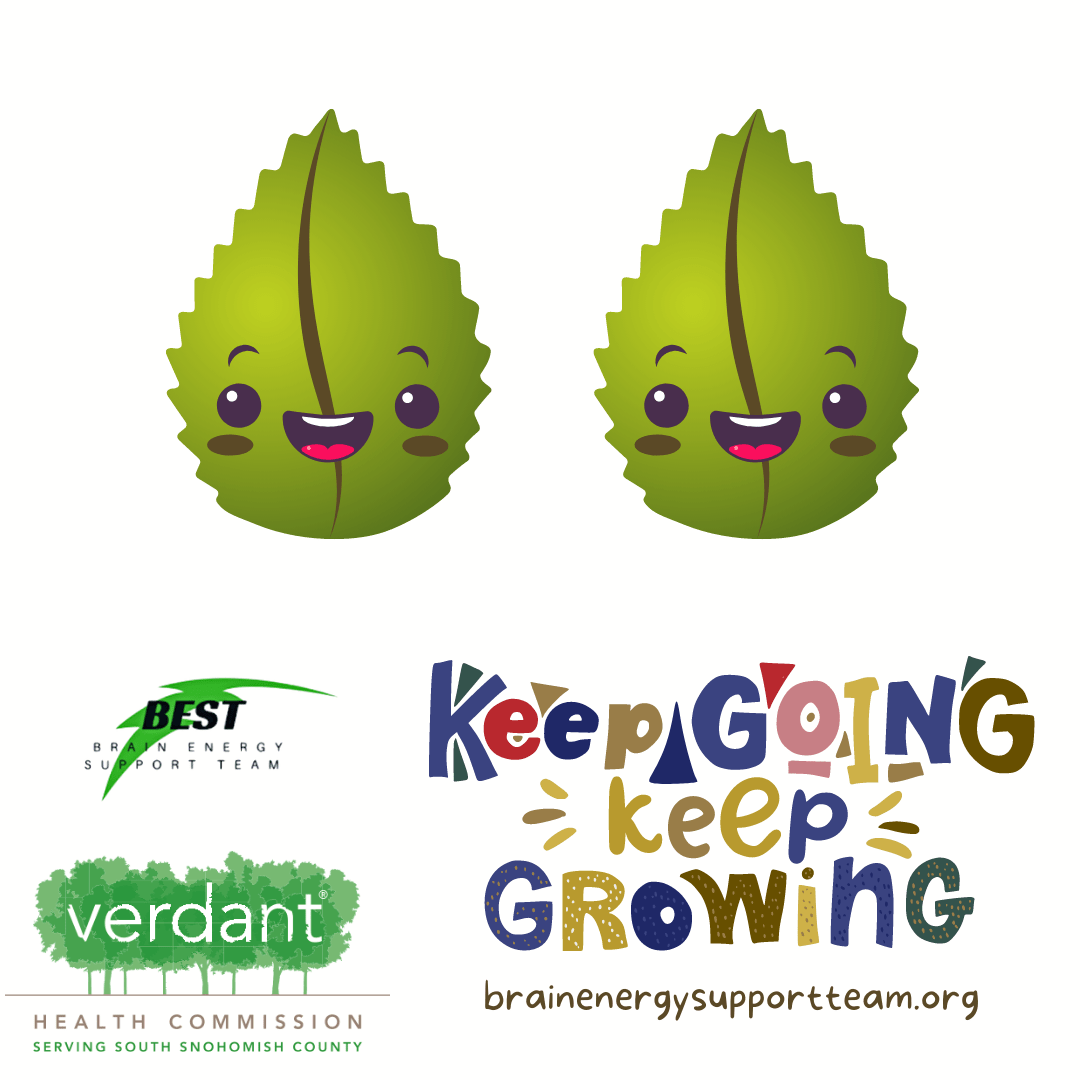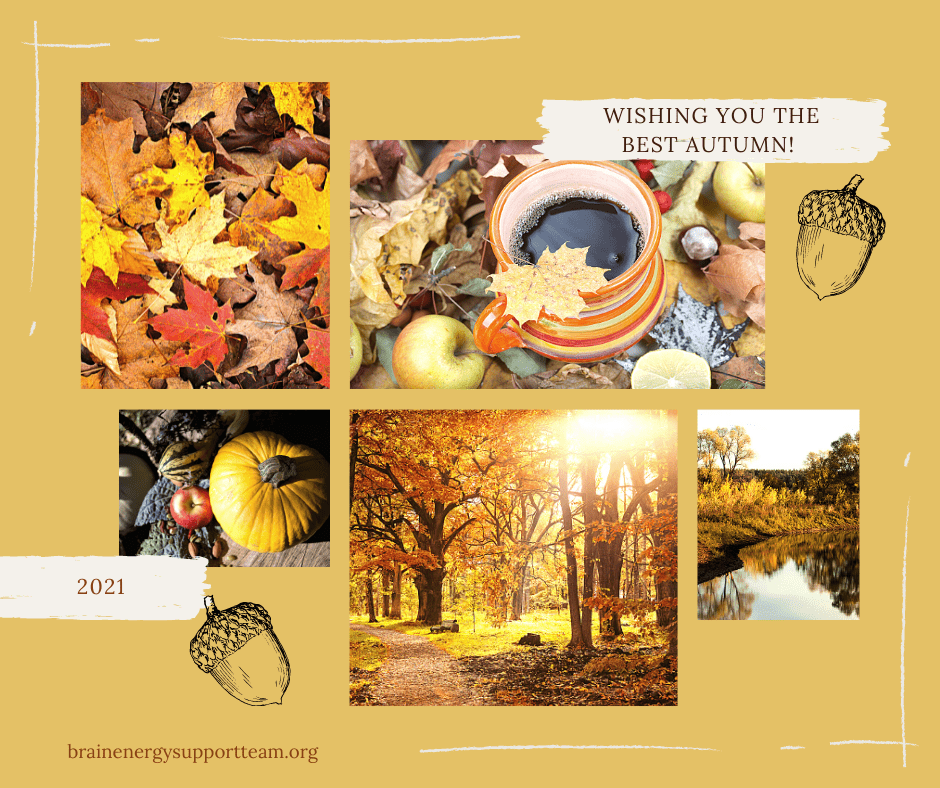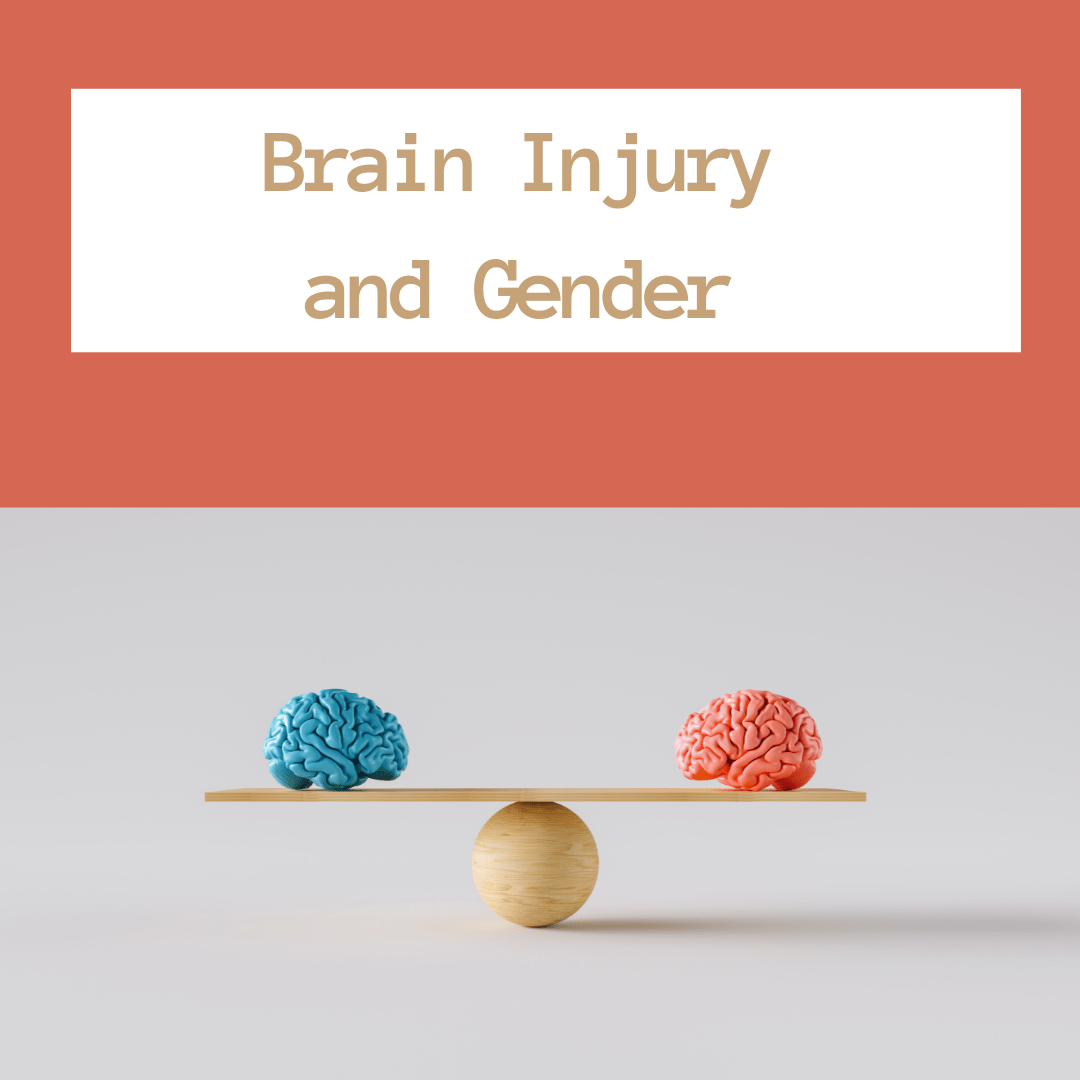We’ve all heard the phrase, no two traumatic brain injuries are alike.
Those of us with brain injuries have, anyway.
It gets said all the time; I’ve said it myself. No two brains are injured in the same way, and no two brain injuries have identical effects.
But one of the biggest differences is that it also seems females have different brain injury-related life experiences than males.
A lot is known about traumatic brain injury (TBI) because of ongoing health research, but only half the story is being told: there are huge differences in the ways females experience brain injuries compared to males.
On the surface, the differences seem to break down primarily according to physiological and biochemical differences, possible genetic differences, and traditional gender roles in our society.
